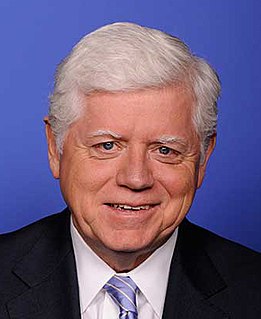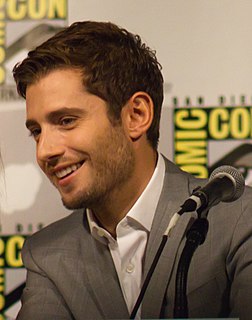A Quote by Mihaly Csikszentmihalyi
For better or worse, our future is now closely tied to human creativity.
Quote Topics
Related Quotes
To be young and aware is to know you’re being lied to; to know that a bright green future is possible; to know that we can reimagine the world, rebuild our cities, redesign our lives, retool our factories, distribute innovation and creativity and all live in a world that is not only better than the alternative, but much better than the world we have now.
Patience is tied very closely to faith in our Heavenly Father. Actually, when we are unduly impatient, we are suggesting that we know what is best—better than does God. Or, at least, we are asserting that our timetable is better than His. We can grow in faith only if we are willing to wait patiently for God's purposes and patterns to unfold in our lives, on His timetable.
Chess is a unique battlefield for human minds and computers - human intuition, our creativity, fantasy, our logic, versus the brute force of calculation and a very small portion of accumulated knowledge infused by other human beings. So in chess we can compare these two incompatible things and probably make projections into our future. Is there danger that the human mind will be overshadowed by the power of computers, or we can still survive?
Every single human being is creative and maximizing that creativity is critical to happiness and economic growth. Economic growth is driven by creativity, so if we want to increase it, we have to tap into the creativity of everyone. That's what makes me optimistic. For the first time in human history, the basic logic of our economy dictates that further economic development requires the further development and use of human creative capabilities. The great challenge of our time is to find ways to tap into every human's creativity.
But we can do nothing for the human future that we will not do for the human present. For the amelioration of the future condition of our kind we must look, not to the wealth or the genius of the coming generations, but to the quality of the disciplines and attitudes that we are preparing now for their use.
You create your future with the power of your intention. Intention is simply the conscious act of determining your future now. Health, harmony in relationships, happiness, money, creativity, and love will come to you in the future, based on your intentions now. Intend every day and create your future life.
If globalization is to realise its potential as a force for good, we have to look more closely at the means by which we handle our growing interdependence. We do not have a world government, but we do have an increasingly complex network of institutions that are concerned with global governance. They are central to our future and international human rights law
We do not need to plan or devise a "world of the future"; if we take care of the world of the present, the future will have received full justice from us. A good future is implicit in the soils, forests, grasslands, marshes, deserts, mountains, rivers, lakes, and oceans that we have now, and in the good things of human culture that we have now; the only valid "futurology" available to us is to take care of those things. We have no need to contrive and dabble at "the future of the human race"; we have the same pressing need that we have always had - to love, care for, and teach our children.
... universal adoption of the institutions of the free society would better enable adaptation to climate both now and in the future. It would also ensure that, if at some point in the future, a real catastrophe, whether human-induced or otherwise (including climate change), does loom on the horizon, humanity would be in a better position to address it.



































